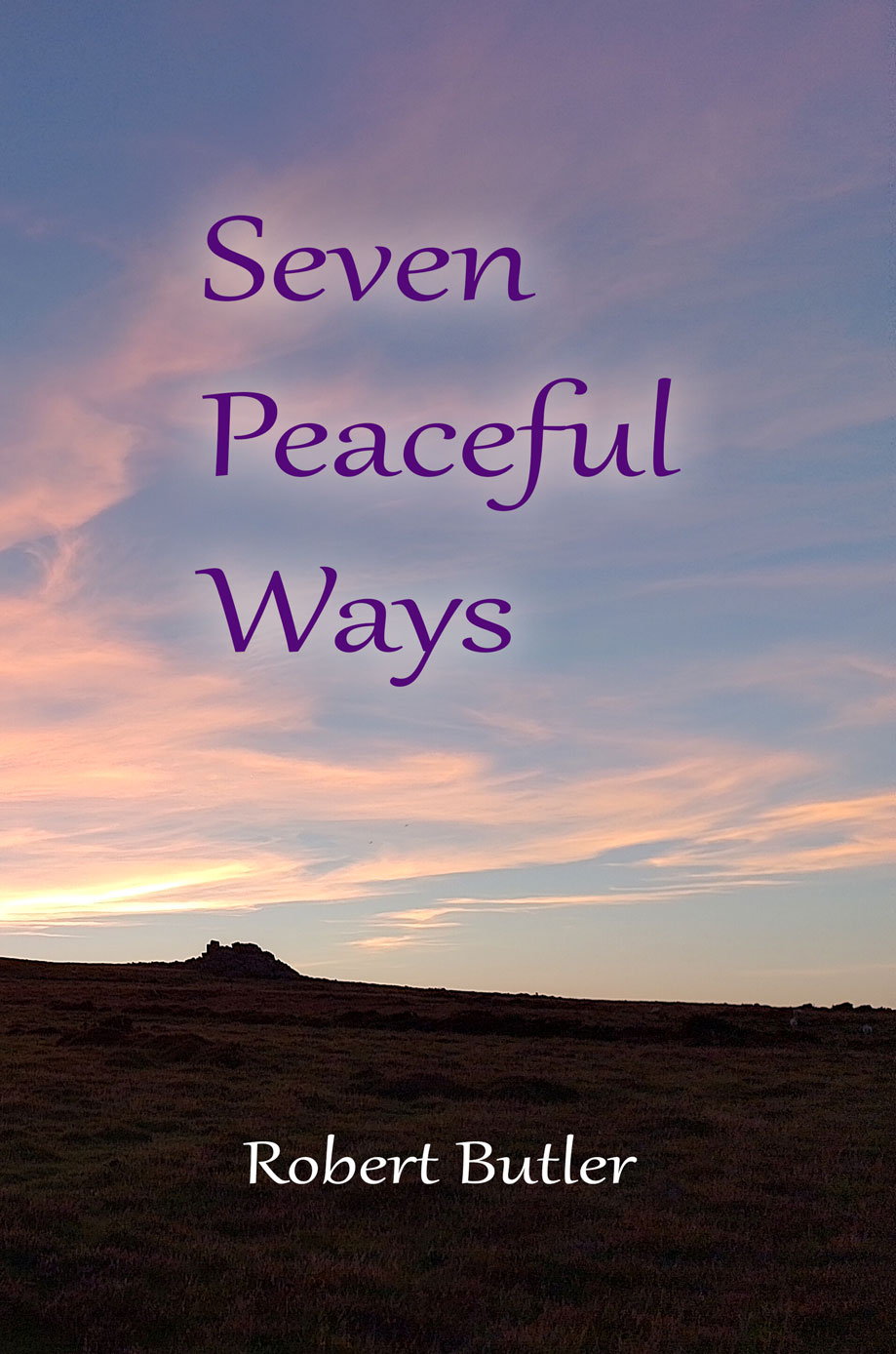Unless you are one of the fortunate few to have been born to enlightened parents, the importance of playing by other people’s rules will most likely have been drilled into you at a very early age. It all starts in the earliest stages of childhood when our parents make noises and pull faces at us. Mummy and Daddy put on smiley faces and make whooping sounds of delight and baby thinks he has done well. When the parents put on a sad face and make dreary noises, baby thinks he has done something wrong. As this process is repeated baby learns to associate different elements of his behaviour with the various faces and noises.
This general process, in which authority figures tell us whether they are pleased or displeased with our behaviour continues at school and in the work place. And because most of our peers have been subjected to the same conditioning, they too get in on the act. Everyone learns that the way to get on in life and to be happy is to play by other people’s rules and make them happy.
The logical consequence of this is that we too adopt the belief that other people need to behave in a particular way in order for us to be happy. And if we are unhappy the most natural (conditioned) tendency we have is to look to the other people in our lives and see where their behaviour might be creating our unhappiness. Once we have ascertained exactly what it is they are doing to upset us we can let them know that we expect them to change their behaviour so that we can once again be happy.
Now, for the majority of people, this process continues almost entirely at a level which is outside of their consciousness. In other words they are not aware that this is what is happening.
This culture of playing by other people’s rules makes us want to please others and encourages us not to take responsibility for our own lives because we are so conditioned to see other people’s behaviour as the source of our happiness.
Sadly, it’s all a load of nonsense. It’s not how other people behave which makes you happy or unhappy, it’s what you choose to say to yourself about it. So if you are finding the behaviour of a family member annoying this Christmas, focus your awareness on what it is you appreciate about them instead. In so doing you will be giving them love and this means you are more likely to witness loving behaviour from them. Accept them exactly how they are right now. At the very least you’ll have used your time wisely by practising a valuable skill and if you’re really lucky you may even have managed to keep the peace.
Happy Christmas.

